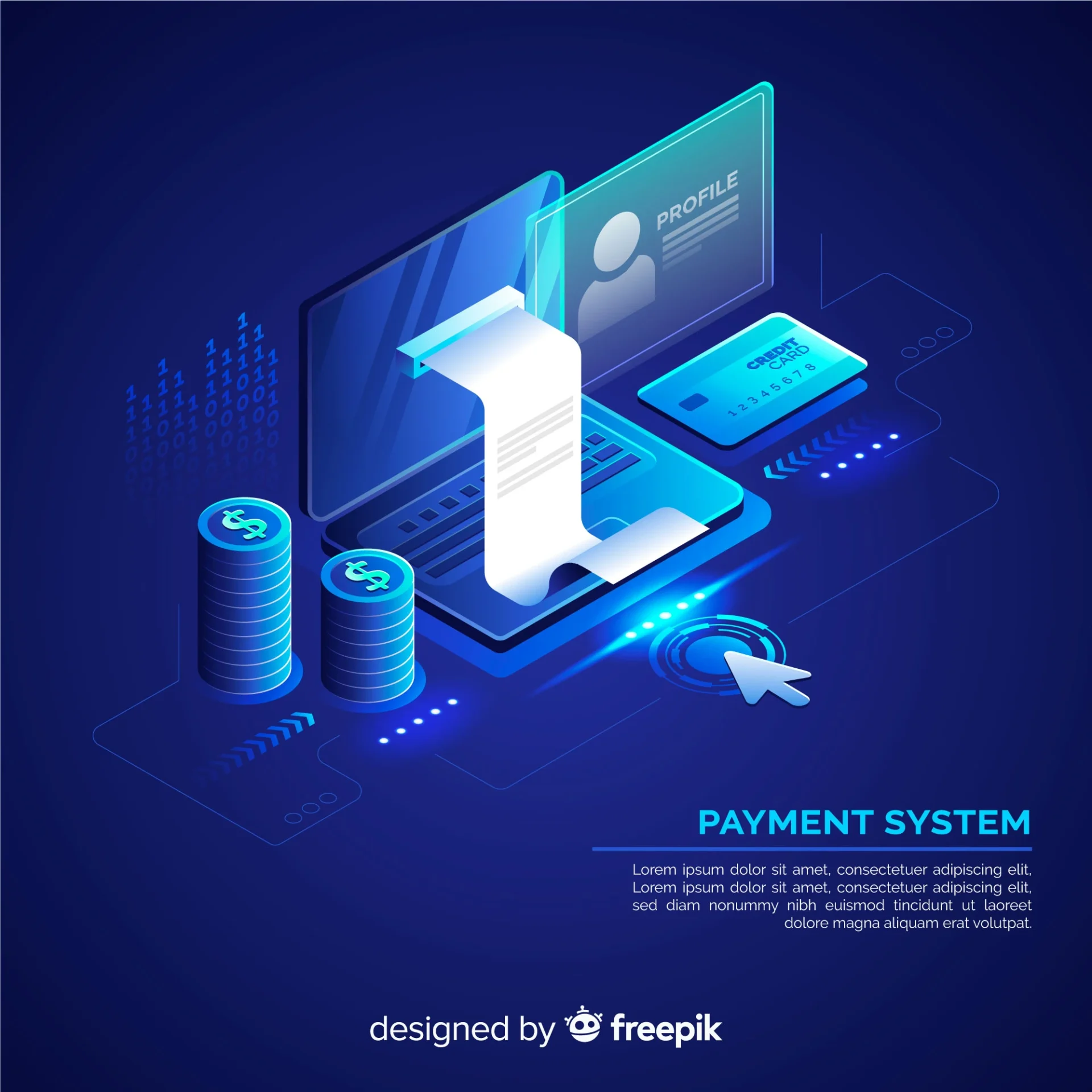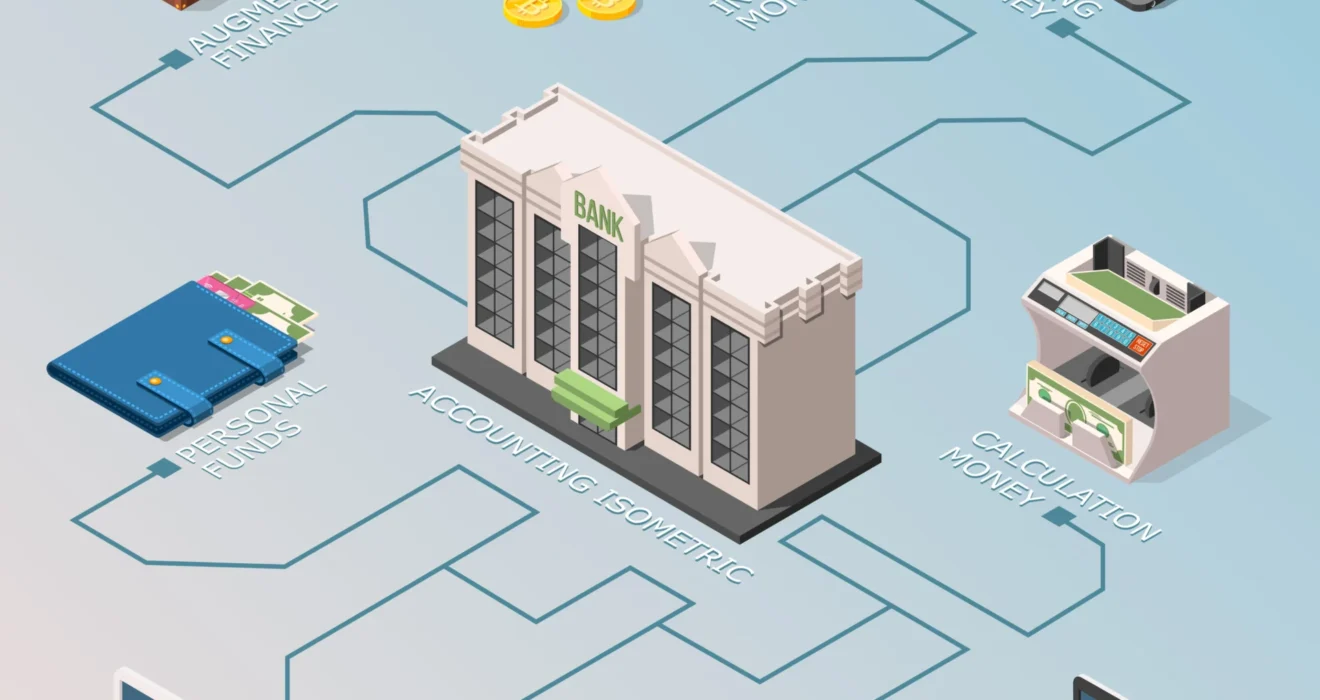The Role of Blockchain in Modern Banking Systems
1. Introduction to Blockchain Technology
1.1 Understanding the Basics of Blockchain
Blockchain is like a digital ledger that records transactions across a network of computers. Each transaction is a “block” added to a chain, creating a secure and transparent record of events.
1.2 Key Features of Blockchain Technology
Key features of blockchain include decentralization, transparency, security, and immutability—qualities that are driving innovation in IT consulting, cybersecurity, and software development. By eliminating the need for intermediaries, blockchain reduces fraud, enhances data integrity, and streamlines operations.

2. Evolution of Blockchain in Banking

2.1 Early Adoption and Proof of Concepts
Initially, banks explored blockchain technology for cross-border payments and settlements, supported by IT consulting and software development to test its capabilities. Early proof of concepts demonstrated the potential to streamline processes, enhance efficiency, and significantly reduce costs.
2.2 Mainstream Integration in Banking Operations
Now, banks are integrating blockchain for various operations like trade finance, identity management, and smart contracts. It’s revolutionizing how banks handle transactions and data.
3. Enhancing Security and Transparency in Banking Systems
3.1 Role of Blockchain in Securing Transactions
Blockchain’s cryptographic features make transactions secure and tamper-proof. It reduces cybersecurity risks and ensures the integrity of financial data.
3.2 Enhancing Transparency and Auditability
Blockchain provides real-time visibility into transactions, enhancing transparency for both regulators and customers—an advantage increasingly leveraged through IT consulting and cybersecurity solutions. Its ability to simplify audit processes comes from offering a comprehensive, immutable record of activities, reducing manual efforts and errors.

4. Streamlining Transactions and Settlements with Blockchain
Real-Time Settlements and Reduced Processing Times
Blockchain enables real-time settlement of transactions, reducing processing times from days to minutes. It enhances liquidity management and improves efficiency.
Smart Contracts and Automated Transactions
Smart contracts are self-executing agreements with terms directly written into code, supported by advancements in software development and IT consulting. In the banking sector, they automate processes such as loan approvals and asset transfers, reducing human error and operational delays. By integrating smart contracts with blockchain technology, banks can enhance data security, streamline workflows, and ensure greater transparency.
5. Improving Customer Experience through Blockchain Integration
Blockchain technology offers a new level of data privacy and control for customers, making it a valuable asset in modern banking supported by IT consulting and cybersecurity. By leveraging blockchain, banks can enhance security measures through advanced data security, network security, and cloud computing solutions. This empowers clients with greater control over their personal information while ensuring compliance with data protection regulations. With the help of managed IT services, software development, and robust IT support, financial institutions can build trust and deliver secure, innovative IT solutions for their customers.
Moreover, personalized services and efficient onboarding processes are made possible through blockchain integration. Banks can streamline customer onboarding by securely verifying identities and accessing relevant information from a shared blockchain network. This results in a smoother and more personalized experience for customers, ultimately leading to higher satisfaction and loyalty.
6. Regulatory Challenges and Opportunities in Blockchain Adoption
When it comes to implementing blockchain in banking systems, compliance and regulatory considerations are paramount. Banks must navigate the complex regulatory landscape to ensure that blockchain solutions adhere to legal requirements and industry standards. Collaboration with regulatory authorities is crucial for developing a robust framework that addresses potential risks and ensures regulatory compliance in blockchain implementations.
Collaboration with regulatory authorities for framework development is essential to creating a regulatory environment that supports innovation while ensuring the integrity of the financial system. By working closely with regulators, banks can navigate compliance challenges effectively with the help of IT consulting and cybersecurity expertise. This approach enables financial institutions to adopt blockchain technology responsibly, leveraging cloud computing, data security, and managed IT services.
7. Case Studies: Successful Implementation of Blockchain in Banking
Numerous banking institutions have successfully integrated blockchain technology into their operations, resulting in improved efficiency, security, and transparency. With the support of IT consulting, software development, and managed IT services, these banks are modernizing traditional systems and streamlining operations. The adoption of blockchain enhances data security, strengthens network security, and reduces reliance on manual processes. These pioneering examples highlight how IT services, IT support, and innovative IT solutions are driving a new era in the banking industry, revolutionizing how financial institutions operate.
Studying leading examples of blockchain integration in banking institutions provides valuable insights into the practical applications and benefits of this technology. By learning from successful case studies, banks can adopt best practices and strategies to optimize their blockchain implementations and drive positive outcomes for both customers and the institution.
8. Future Outlook: The Potential of Blockchain in Transforming Banking Systems
As blockchain technology continues to evolve, the banking industry stands poised for a significant transformation. Emerging trends and innovations in blockchain technology are shaping the future of banking systems, offering unprecedented opportunities for efficiency, security, and innovation.
Exploring the potential of blockchain in the banking industry reveals a landscape where digital currencies, decentralized finance, and smart contracts are reshaping traditional banking processes. Through the support of IT consulting, cybersecurity, and cloud computing, blockchain is enabling more secure, efficient, and transparent financial transactions. Predictions for the future of blockchain in banking point toward a highly interconnected ecosystem powered by advanced IT services, software development, and managed IT services. In conclusion, adopting blockchain technology represents a major step toward enhancing data security, improving operational efficiency, and delivering better customer experiences.



